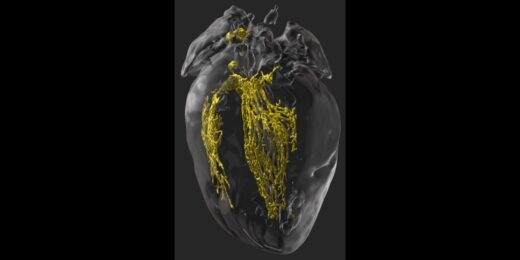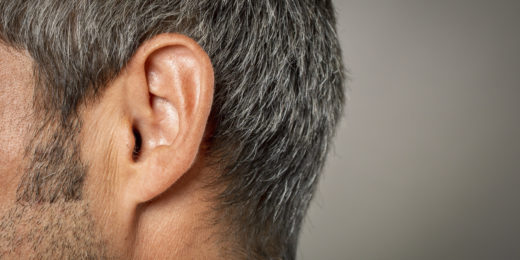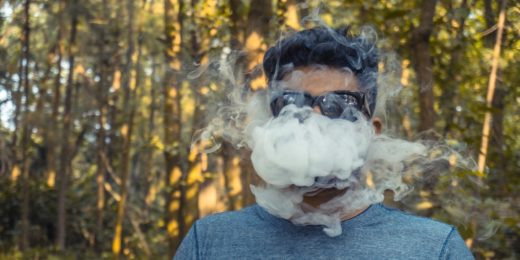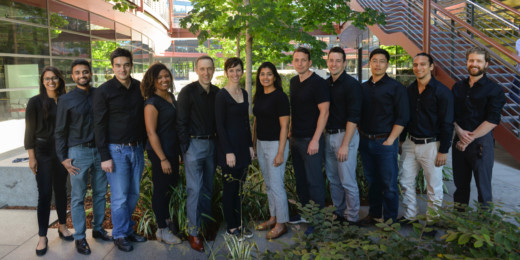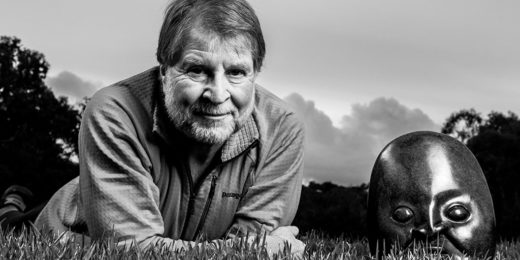The so-called ‘forever chemicals’ can stick around in the environment — and in our bodies. Scientists agree there is cause for concern. So what should we be doing to mitigate our health risks?
Category: Ear Nose & Throat
Sick of being sick? As respiratory viruses roar back, experts offer guidance
Nationwide, the percentage of health care visits for flulike symptoms ticked up above the baseline at the start of November and has remained elevated ever since, according to the Centers for Disease Control and Prevention.
Do you sound like you? Gender-affirming voice therapy allows people to speak authentically
Why is it important to offer gender-affirming voice therapy or surgery? We spoke with experts on all sides of the equation.
Making the invisible visible to improve heart surgery outcomes
Scientists find a way in mice to illuminate the cardiac conduction system during surgery to prevent unintended damage to healthy tissue.
How menthol cigarette ads target Black people, women and teens
As FDA weighs a ban on menthol in cigarettes, study shows how the tobacco industry targeted products to women, teens and Black people.
Physician explains how COVID-19 mutes sense of smell
Physician-scientist weighs in on how the virus behind COVID-19 hampers your sense of smell and, sometimes, taste.
COVID-19 can infect the inner ear
Researchers say anyone with new on-set hearing loss, tinnitus or vertigo, with exposure to COVID-19, should be tested and monitored.
Recognition of the power of music in medicine is growing
The medical community has long seen the value of music in wellness, but our appreciation is growing because of its close link to mental and physical health.
Mandatory masking? What smoking bans can teach us
Combining science with social and political initiatives responsive to public concerns could improve adherence to universal masking, writes Dean Lloyd Minor.
E-cigarette companies use COVID-19 to sell nicotine, study finds
A study from Stanford researchers documents "aggressive and deceptive" ways that companies have used COVID-19 to market vaping products.
How viruses like the coronavirus can steal our sense of smell
Stanford ENT surgeon discusses how viruses cause a loss of sense of smell, and what you should do about it in the era of the coronavirus pandemic.
Ears, noses and throats: New Biodesign fellows to innovate in otolaryngology
The new Stanford Biodesign fellows — a group of physicians, business specialists and engineers, will address medical challenges in otolaryngology.
A possible first step toward treating vertigo
Stanford researchers regenerate ear hair cells in mice -- the first time it's been achieved in mature mammals -- with implications for treating vertigo.
Redrawing the frontiers of population health and medicine
On LinkedIn, Dean Lloyd Minor outlines how precision health that takes into account environmental factors can improve well-being throughout a population.
Doctors smoking? New exhibit displays now-startling ads
In response to views that cigarettes were unhealthful, tobacco companies used images of medical professionals to sell their products.
An ear, nose and throat clinic, just for kids, in Zimbabwe
In a southern African nation, a clinic is helping children who suffer from debilitating ear, nose and throat conditions that are rare in the U.S.





